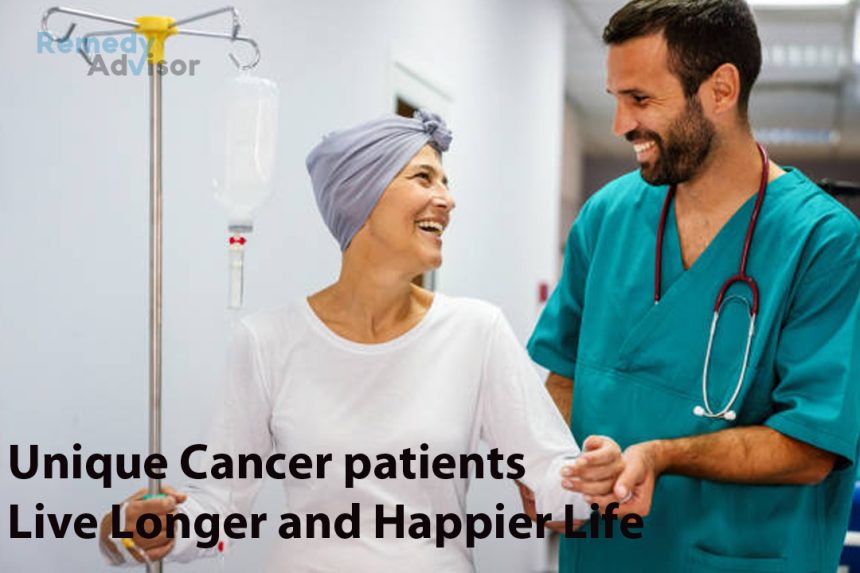In more than 30 years as a surgeon, I treated thousands of cancer patients. Over the years, I noticed that while some of my patients denied their true feelings about their illnesses, others remained upbeat and insisted on taking responsibility for their lives.
These “exceptional” cancer patients managed to thrive emotionally despite being sick. In many cases, they fared better physically as well outliving their less optimistic counterparts by months or years.
What’s the secret of being an exceptional patient? Two factors are involved inspiration and information. Even if you do not have cancer, pondering these eight questions developed by George Solomon, ML)—should inspire you and provide you with helpful information…
• Do I get a sense of meaning from my work, daily activities and relationships?
People who dislike what they do often get sick as a result of the inevitable psychological stress or because sickness offers a convenient way out of an unpleasant situation. Each of us should work at something we see as contributing to the world.
I’ve seen many cancer patients suddenly quit their jobs and start doing what they always wanted to do. Many of these individuals lived longer, healthier lives. Each of us must realize that despite the apparent constraints on our lives, we are free to do what we want to do
• Am I able to express anger appropriately?
When an infant isn’t given what he/she wants, he bellows for food, affection, a dry diaper, etc.
Like babies, adults deserve to be treated with respect and love. If we don’t get treated that way, we must express our displeasure. We must tell others that we do not intend to let ourselves be stepped upon.
Sadly, most of us have been taught that expressing anger is wrong. We block our negative feelings instead, inhibiting our own healing powers and building up a reservoir of rage.
• Am I capable of asking friends and family (and my doctor) for help?
You have an absolute right to ask for help whenever you need it. This goes for practical day-to-day items like food and transportation, as well as for emotional support when you’re feeling sad or lonely.
Asking for help isn’t a matter of selfishness. It’s a matter of survival.
• Am I able to say “no” when asked for a favor I can’t do or do not feel like doing?
Just as you have the right to ask others for favors, you have the right to decline requests from others.
Doing so doesn’t mean you don’t love the person asking the favor. It means you recognize that it’s you alone who gets to choose how to spend your time. Of course, your family and friends have every right to say no to your requests.
• Do I engage in health-promoting behaviors based on my needs?
Others have no right to decide what you should or shouldn’t do regarding exercise, diet, the treatments you seek (or don’t seek), etc. You alone do. Listen to others, but don’t be afraid to follow your own path.
• Do I spend enough time playing?
By play, I mean any activity so enjoyable that it causes you to lose track of time. If you can lose track of time, you won’t feel as if you’re ill for the duration of the play no matter how dire your prognosis.
• Do I frequently feel depressed and/or hopeless?
Many cancer patients fall into the trap of getting depressed about being depressed. Instead, you must confront your depression and learn from it.
You may need antidepressants and/or psychotherapy. No matter what, learn from the darkness and accept that having cancer actually gives you a sense of freedom.
• Am I dutifully playing a role while neglecting my own needs?
Many people identify themselves only by the roles they play husband or wife, mother or father, valued employee, etc. When these individuals are no longer able to play that role because of cancer, they lose all sense of identity.
I often ask cancer patients, “How would you introduce yourself to God?” If you introduced yourself as a lawyer or a teacher, I think God would say, “Come back when you’ve learned who you really are.” Each of us is a unique creation. We are much more than the obvious roles we play.







